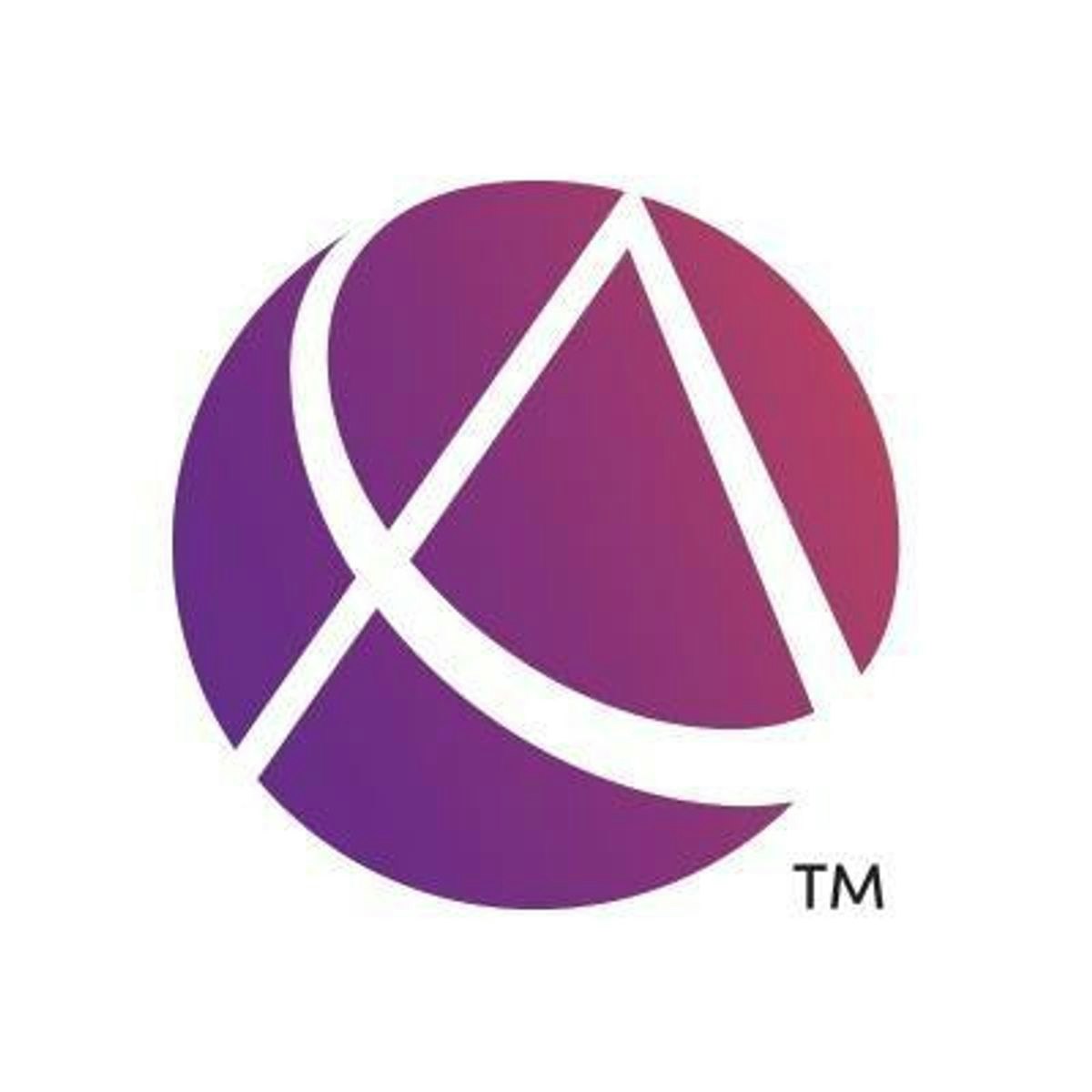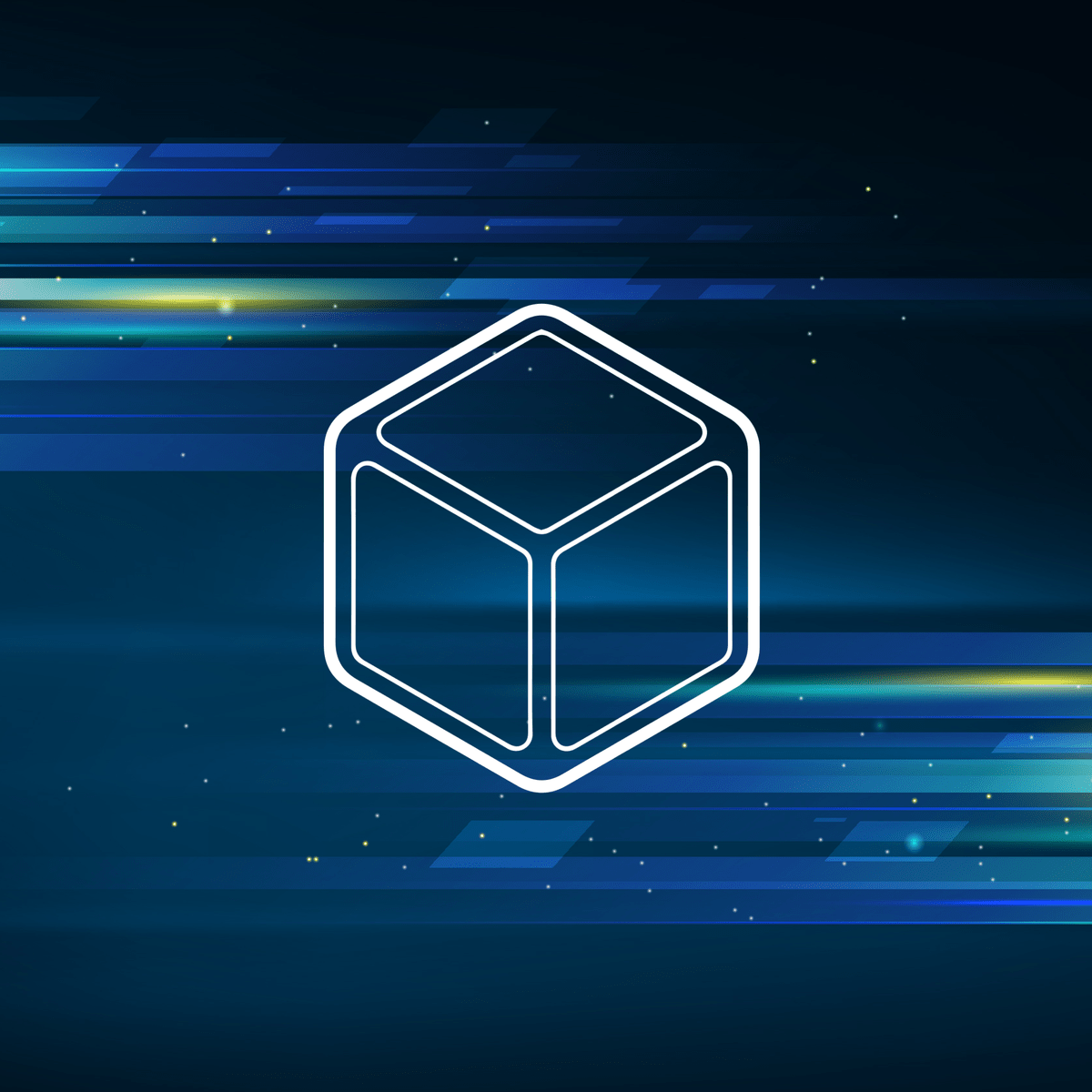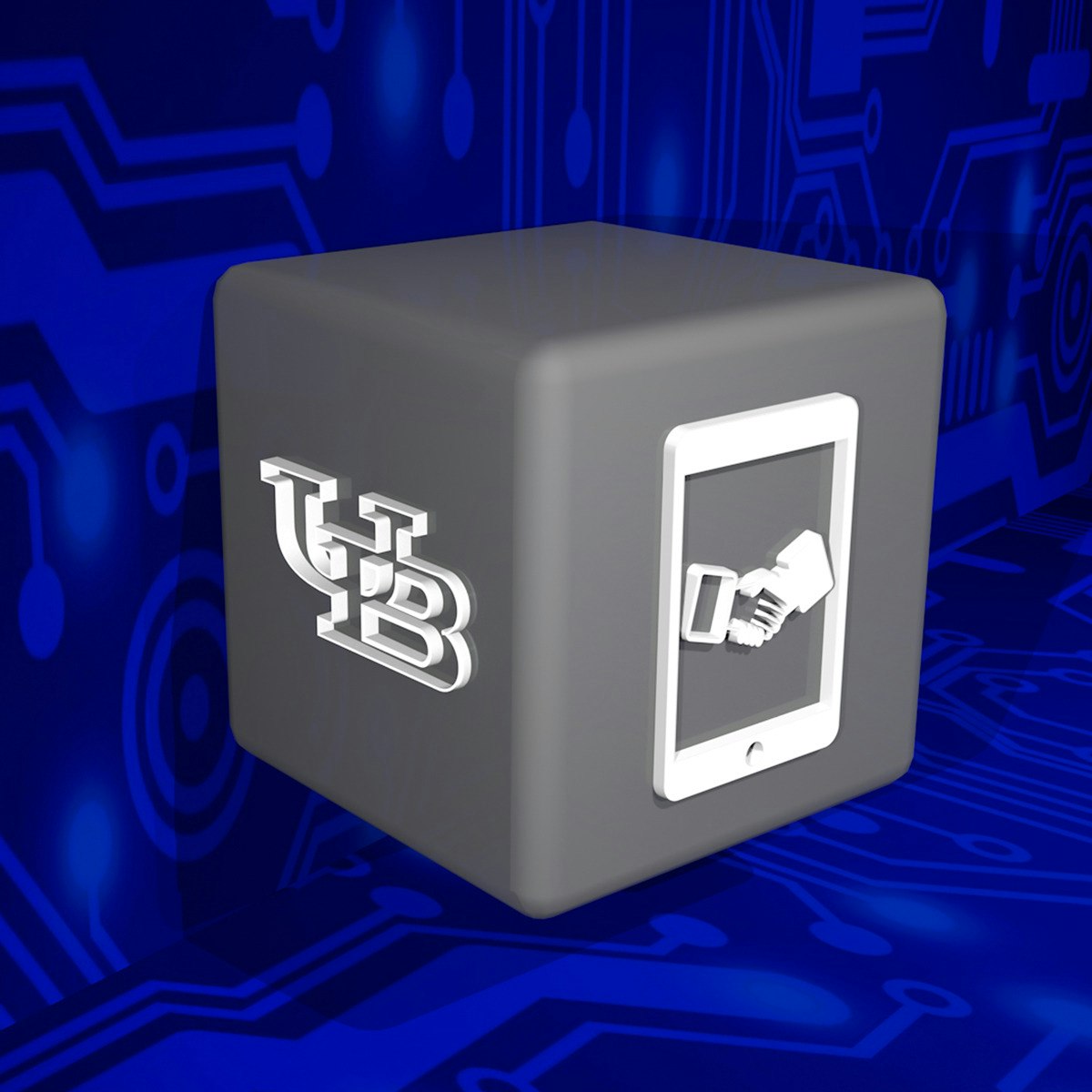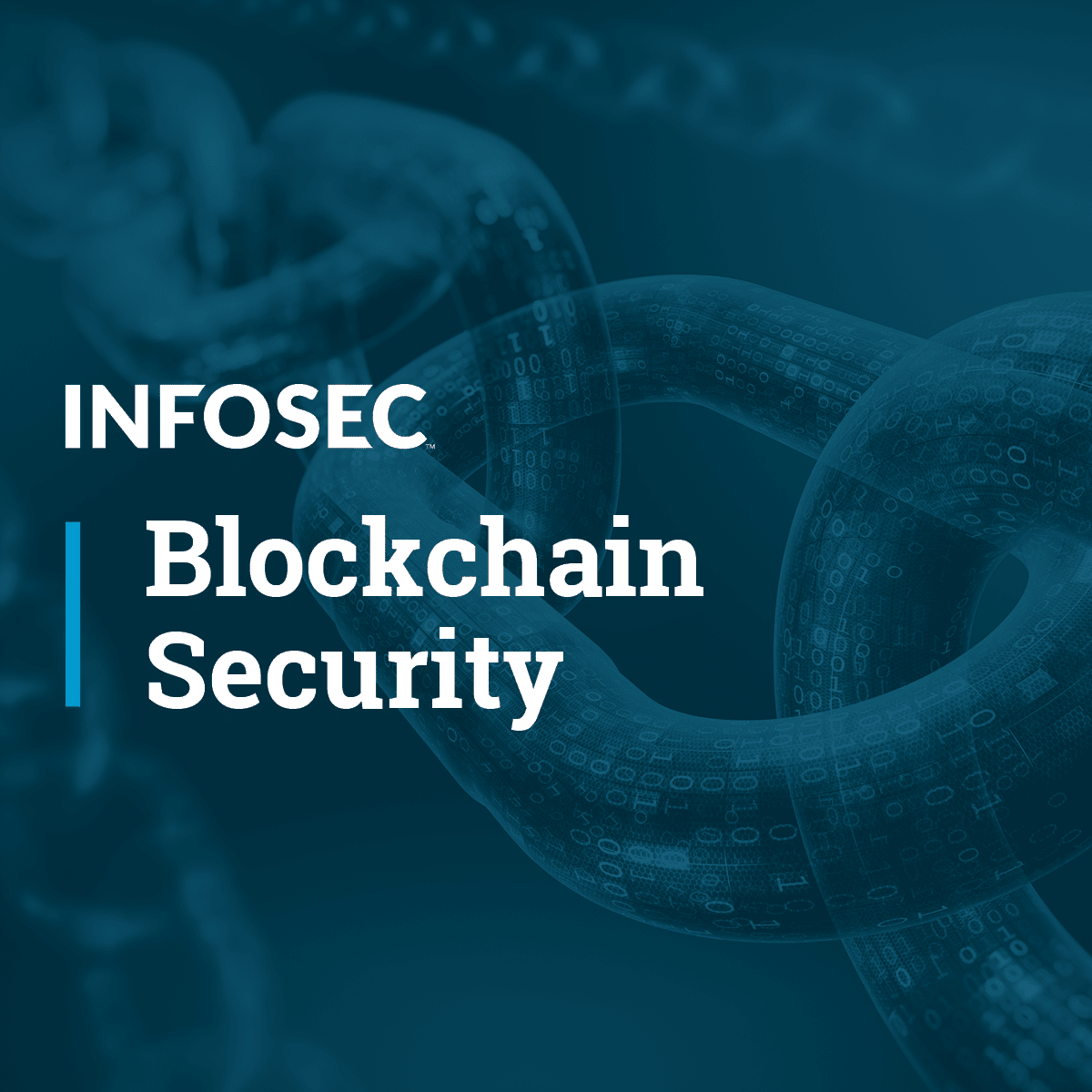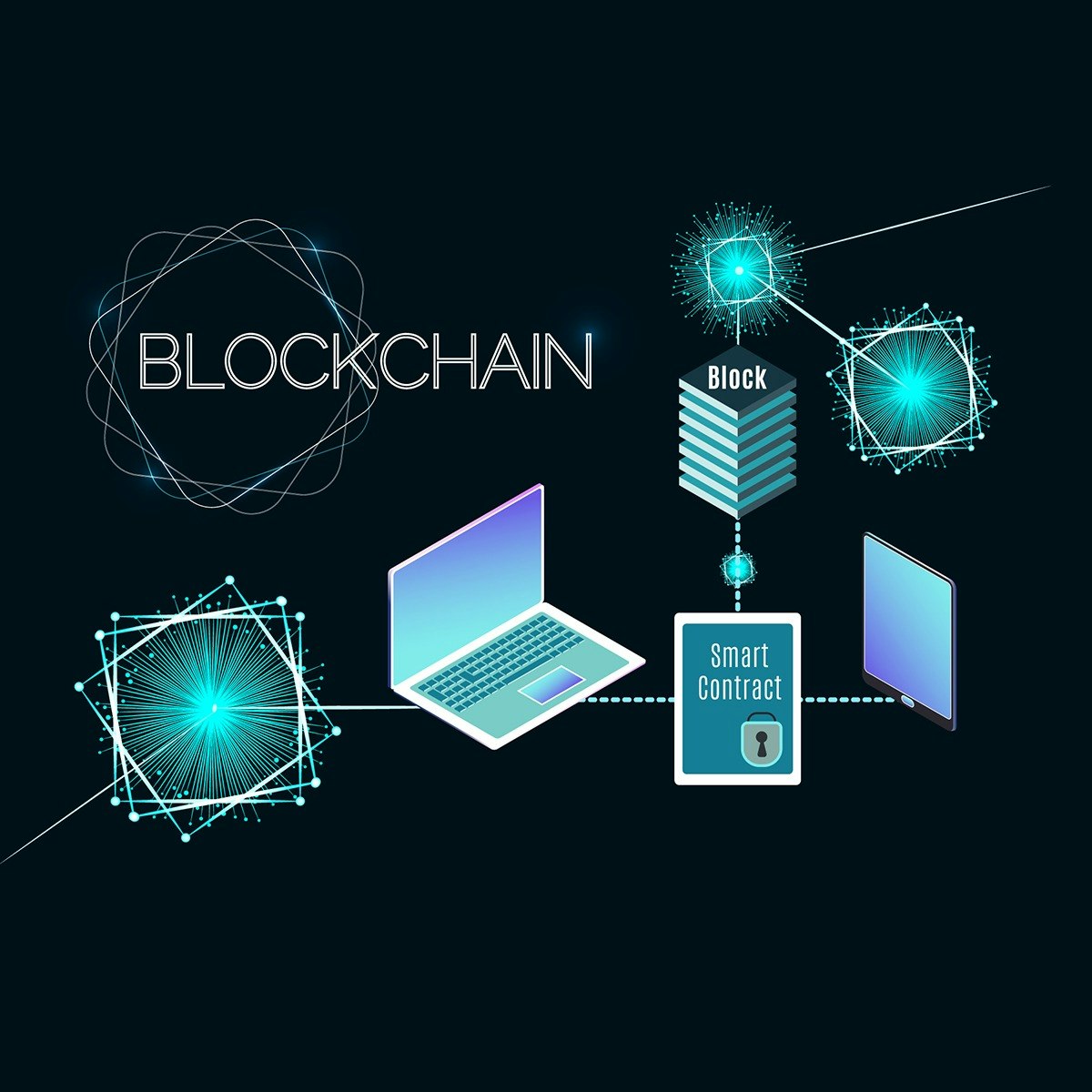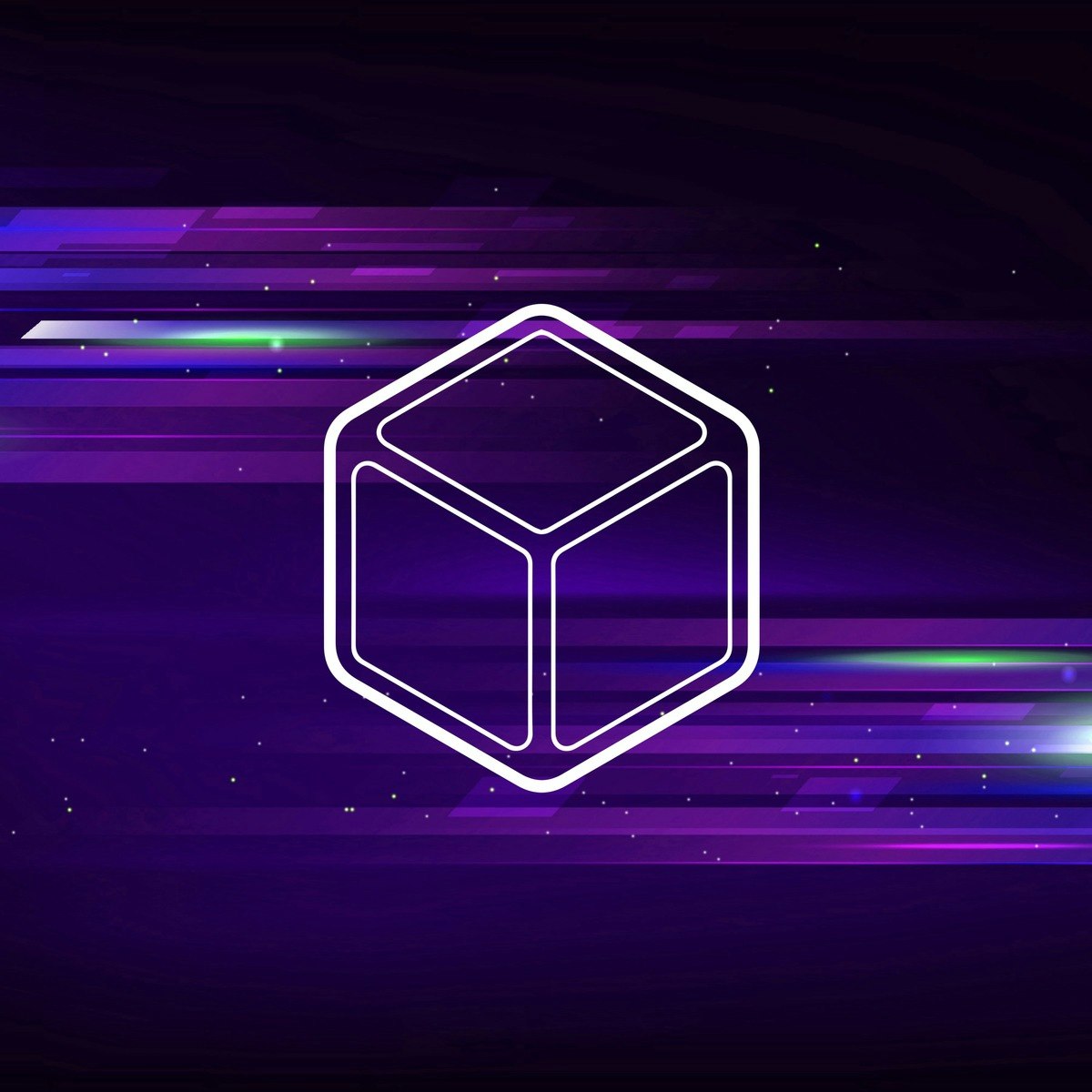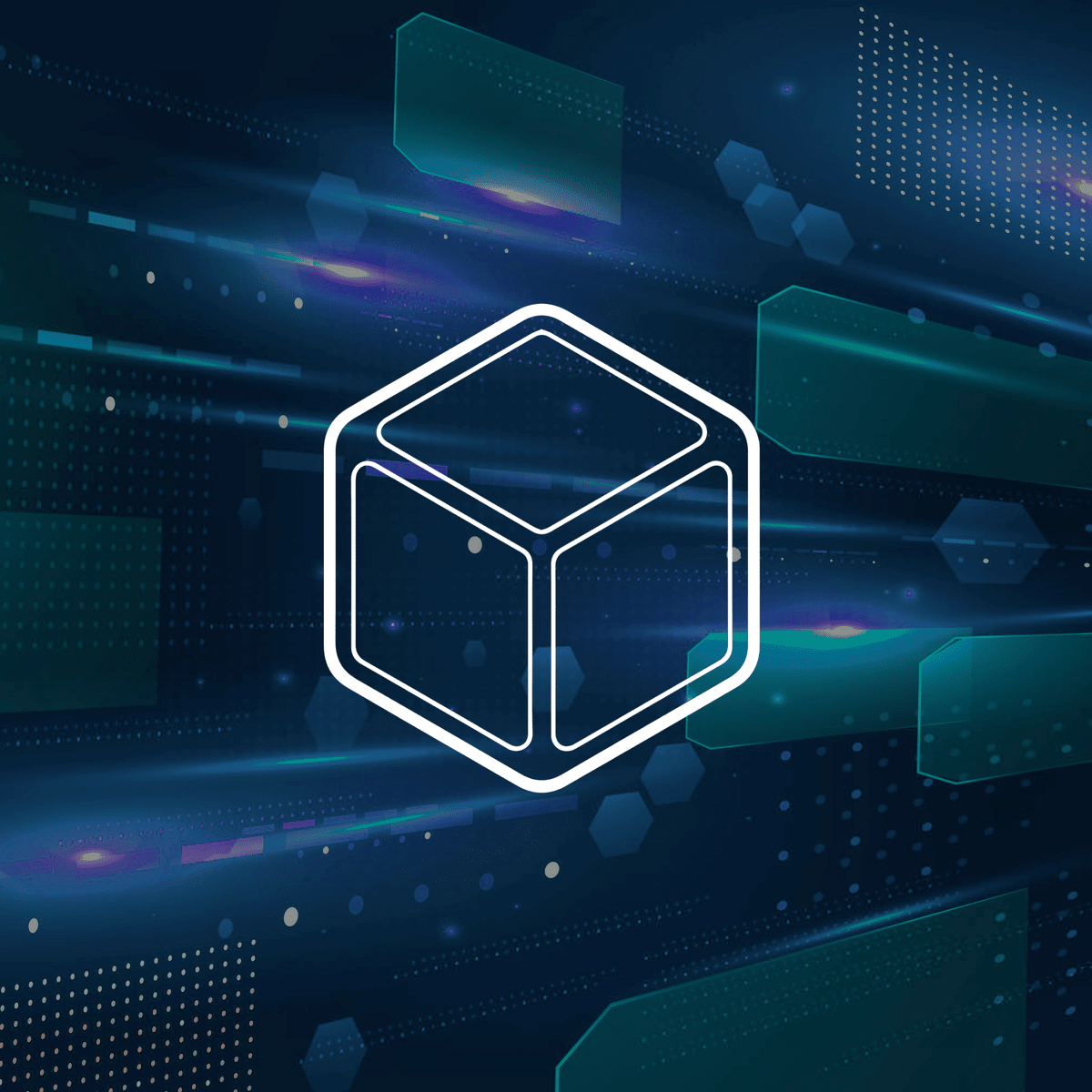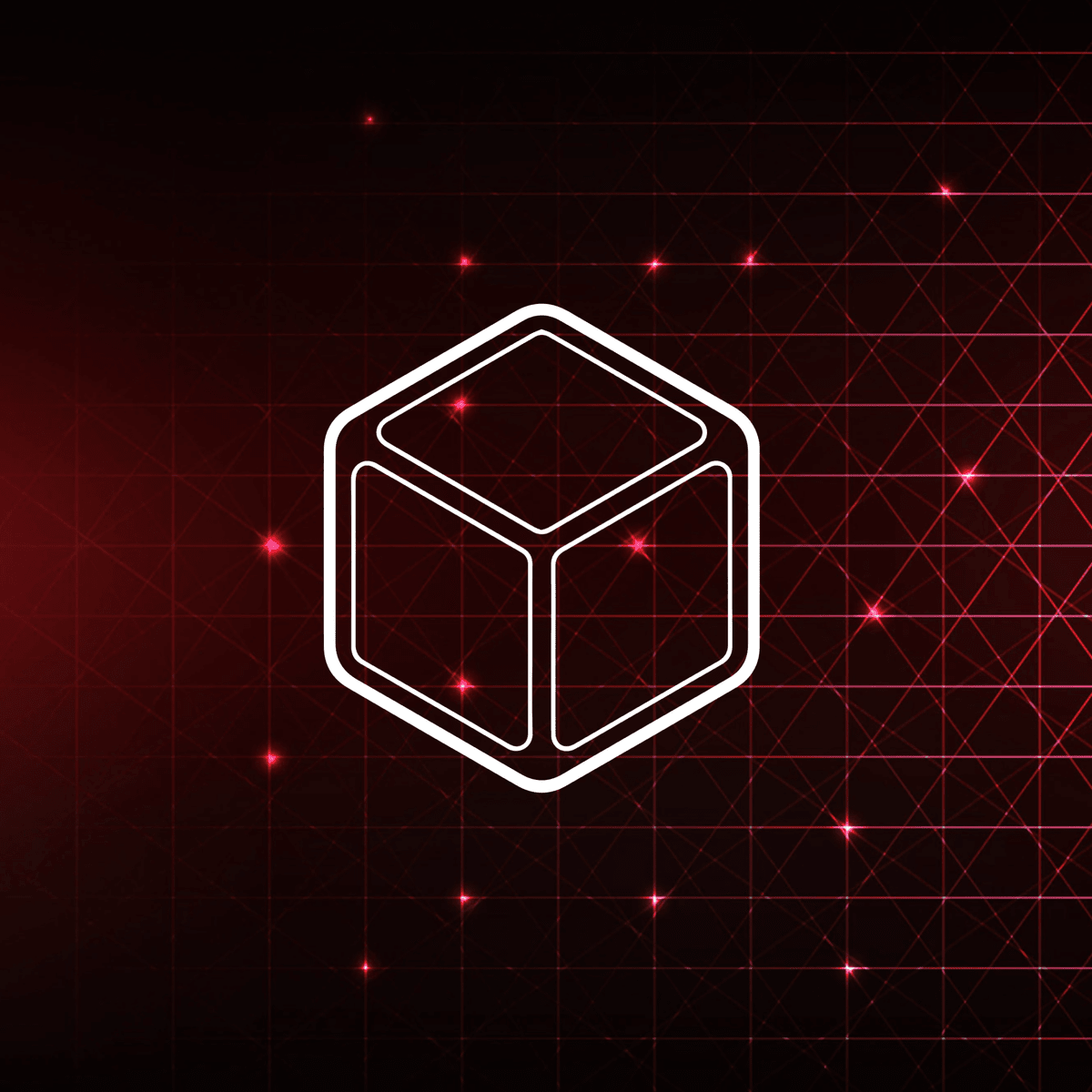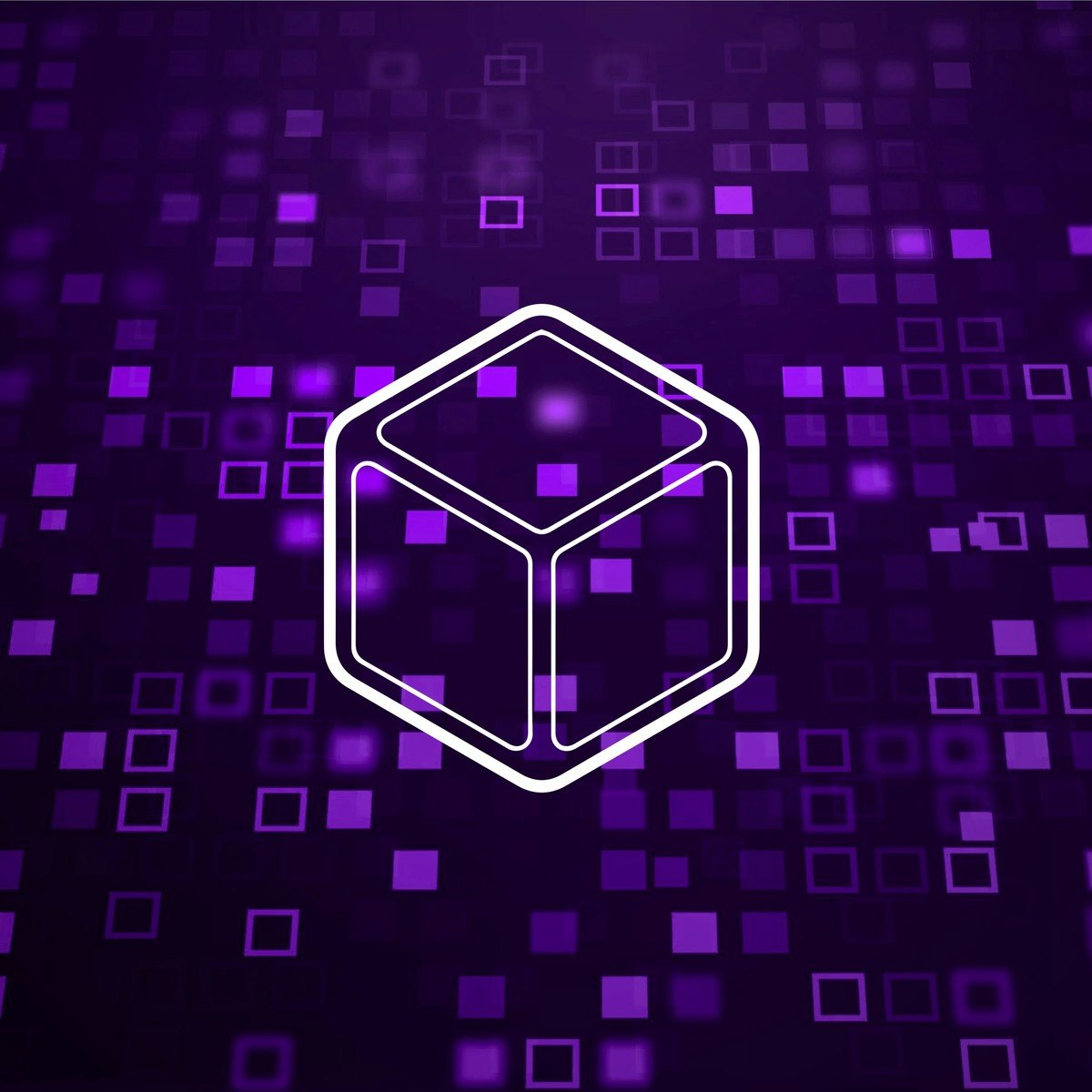Blockchain Engineer
Blockchain Engineer: Building the Foundations of Decentralized Systems
A Blockchain Engineer is a specialized type of software engineer who focuses on designing, developing, implementing, and maintaining systems that use blockchain technology. At its core, blockchain is a distributed, immutable ledger system, meaning data is recorded across many computers and cannot be easily changed once entered. These engineers work on the underlying infrastructure, protocols, and applications that power this innovative technology.
Working as a Blockchain Engineer involves navigating a rapidly evolving technological landscape. You might find yourself creating novel solutions for secure data sharing, building decentralized financial applications, or contributing to the architecture of next-generation internet systems. The field offers opportunities to work on cutting-edge projects that could reshape industries from finance to supply chain management.
What Does a Blockchain Engineer Do?
Understanding the day-to-day work of a Blockchain Engineer provides insight into the practical aspects of this career. These professionals are architects and builders in the digital realm, shaping the structure and function of blockchain networks and applications.
Designing and Building Blockchain Solutions
A primary responsibility involves designing the architecture of blockchain systems. This includes choosing appropriate consensus mechanisms (how nodes agree on the state of the ledger), designing network protocols, and determining how data will be structured and stored on the chain. They translate requirements into functional blockchain solutions.
Implementation follows design. Engineers write code to create the core blockchain logic, build interfaces for interaction, and integrate the blockchain with other systems. This requires a deep understanding of cryptographic principles and distributed systems.
They often work with specific blockchain platforms, tailoring solutions to fit the unique features and constraints of each. Continuous testing and refinement are crucial parts of the development lifecycle to ensure the system behaves as expected under various conditions.
For those interested in the foundational aspects of how blockchains function and the business problems they can solve, these courses offer valuable insights.
Developing Smart Contracts and dApps
Many Blockchain Engineers specialize in creating smart contracts. These are self-executing contracts with the terms of the agreement directly written into code. They run on a blockchain, automatically enforcing contract rules when predefined conditions are met.
Engineers write, test, and deploy smart contracts using languages like Solidity (for Ethereum) or Rust. They also build decentralized applications (dApps), which are applications that run on a peer-to-peer network of computers rather than a single central server. dApps often leverage smart contracts for their core logic.
Developing secure and efficient smart contracts is critical, as vulnerabilities can lead to significant financial losses. Rigorous testing and auditing are essential steps in the development process. Understanding the nuances of specific blockchain platforms is key to optimizing smart contract performance and cost.
These courses provide focused training on smart contract development, a core skill for many Blockchain Engineers.
Ensuring Security and Scalability
Security is paramount in blockchain systems. Engineers implement cryptographic techniques to protect data integrity and privacy. They design systems resistant to attacks and continuously monitor networks for vulnerabilities. Understanding potential threat vectors and security best practices is crucial.
Scalability is another major challenge. As blockchain networks grow, they can face limitations in transaction speed and throughput. Engineers work on solutions like Layer 2 scaling protocols, sharding, or optimizing consensus algorithms to improve performance without compromising decentralization or security.
Performance tuning and network optimization are ongoing tasks. Blockchain Engineers analyze system performance, identify bottlenecks, and implement improvements to ensure the network operates efficiently and reliably as user adoption increases.
Security is a non-negotiable aspect of blockchain development. These resources focus specifically on securing blockchain systems.
Collaboration and Communication
Blockchain Engineers rarely work in isolation. They collaborate closely with product managers to understand requirements, user experience designers to build intuitive interfaces for dApps, and cybersecurity experts to conduct audits and implement security measures.
Effective communication skills are necessary to explain complex technical concepts to non-technical stakeholders. They may also contribute to technical documentation, present findings, and participate in code reviews with other developers.
Working in agile development environments is common, requiring adaptability and teamwork. Engineers often engage with open-source communities, contributing code, reporting bugs, and staying updated on the latest developments in the rapidly evolving blockchain space.
Technical Skills and Essential Tools
Becoming a proficient Blockchain Engineer requires a strong foundation in computer science and specialized knowledge in blockchain-specific technologies. Mastering a combination of programming languages, platforms, and conceptual frameworks is key.
Core Programming Languages
Proficiency in one or more programming languages is fundamental. For smart contract development, particularly on Ethereum and compatible chains, Solidity is the dominant language. Understanding its nuances, security patterns, and development tools is essential.
Other languages are also prevalent. Rust is gaining popularity for its performance and safety features, used in platforms like Solana and Polkadot. Go (Golang) is widely used in infrastructure development, including platforms like Hyperledger Fabric. Familiarity with C++ is also beneficial, as it underlies some core blockchain protocols.
Beyond blockchain-specific languages, strong skills in general-purpose languages like Python or JavaScript are valuable for building backend systems, testing frameworks, and developing dApp frontends (web3.js or ethers.js are common JavaScript libraries).
These courses cover popular languages and tools used in blockchain development.
Blockchain Platforms and Frameworks
Hands-on experience with major blockchain platforms is crucial. Ethereum remains a central platform due to its pioneering role in smart contracts and dApps. Understanding its architecture, Virtual Machine (EVM), and development tools (like Truffle, Hardhat) is often expected.
Knowledge of other platforms broadens opportunities. This includes enterprise-focused platforms like Hyperledger Fabric, high-performance chains like Solana, or interoperability-focused networks like Polkadot. Each platform has its own architecture, consensus mechanism, and development environment.
Familiarity with blockchain development frameworks simplifies tasks like compiling, testing, and deploying smart contracts and dApps. Tools like Truffle Suite, Hardhat, Brownie (for Python), and Remix IDE are commonly used in the development workflow.
This book provides a broad overview of different blockchain technologies and their applications.
Cryptography and Consensus Mechanisms
A solid grasp of cryptographic concepts is non-negotiable. This includes understanding hash functions, public-key cryptography, digital signatures, and cryptographic primitives used in blockchain security like Merkle trees. While engineers don't always invent new cryptographic algorithms, they must apply existing ones correctly.
Understanding different consensus mechanisms is also vital. This involves knowing how various protocols like Proof-of-Work (PoW), Proof-of-Stake (PoS), or Practical Byzantine Fault Tolerance (PBFT) achieve agreement in a distributed network, along with their respective trade-offs in terms of security, speed, and energy consumption.
This foundational knowledge helps engineers design secure and efficient blockchain systems, choose appropriate platforms, and troubleshoot issues related to network integrity and performance.
For those looking to understand the underlying principles, this book delves into Proof of Stake, a prominent consensus mechanism.
DevOps and Deployment Tools
Blockchain deployment involves setting up nodes, managing network configurations, and ensuring system uptime. Familiarity with DevOps practices and tools is increasingly important. This includes experience with containerization technologies like Docker and orchestration tools like Kubernetes.
Knowledge of cloud platforms (AWS, Azure, Google Cloud) is beneficial, as many blockchain networks leverage cloud infrastructure for hosting nodes and services. Continuous Integration/Continuous Deployment (CI/CD) pipelines help automate testing and deployment processes, ensuring faster and more reliable updates.
Monitoring tools are essential for observing network health, transaction performance, and resource utilization. Engineers use various tools to track metrics, detect anomalies, and diagnose problems in blockchain networks and applications.
Educational Pathways to Becoming a Blockchain Engineer
There are multiple routes to acquiring the knowledge and skills needed for a career as a Blockchain Engineer. Formal education provides a strong theoretical foundation, while alternative paths offer flexibility and practical focus.
Formal Academic Programs
A bachelor's degree in Computer Science, Software Engineering, or a related field like Mathematics or Cryptography often serves as a starting point. These programs provide essential knowledge in algorithms, data structures, programming, operating systems, and networking – all relevant to blockchain development.
Some universities now offer specialized courses or concentrations in blockchain technology, distributed systems, or cryptography within their computer science programs. These provide more targeted academic learning relevant to the field.
For those seeking deeper expertise or research opportunities, pursuing a Master's or Ph.D. in Computer Science with a focus on distributed systems, cryptography, or blockchain technology can be advantageous. Advanced degrees often open doors to research roles or positions requiring specialized knowledge in areas like protocol design or advanced security.
Specialized Certifications and Workshops
Beyond traditional degrees, various certifications and targeted workshops focus specifically on blockchain technologies. These can be valuable for demonstrating specialized skills to potential employers, especially for those transitioning from other tech roles.
Certifications might cover specific platforms (like Hyperledger or Ethereum development) or broader blockchain concepts and security practices. Workshops often provide intensive, hands-on training on particular tools or techniques, allowing for rapid skill acquisition in a focused area.
While certifications can supplement a resume, practical experience and a strong portfolio often carry more weight in the hiring process. They are best viewed as complements to, rather than replacements for, foundational knowledge and hands-on skills.
Consider this professional certification course for a structured approach focused on blockchain analysis.
Self-Directed Learning and Online Resources
The fast-paced nature of blockchain technology means that continuous learning is essential, and self-directed paths are common. Online resources offer accessible and flexible ways to gain the necessary skills, whether you're starting from scratch or upskilling.
Making the leap into a new, technical field like blockchain engineering can feel daunting. Remember that many successful engineers started with foundational knowledge and built their expertise incrementally. Be patient with yourself, celebrate small wins, and focus on consistent progress.
Leveraging Online Courses
Online courses are a cornerstone of self-directed learning in blockchain. Platforms host a vast array of courses covering everything from introductory concepts to advanced development techniques on specific platforms. They offer structured learning paths, often with hands-on exercises and projects.
These courses allow learners to acquire foundational knowledge in programming, cryptography, and blockchain principles at their own pace. Many courses are designed by industry experts or academic institutions, providing high-quality instruction accessible from anywhere.
OpenCourser aggregates thousands of such courses, making it easier to find resources tailored to your learning goals. You can browse blockchain courses, compare options, read reviews, and even save courses to a personalized list using the "Save to list" feature (manage your list here).
Here are some comprehensive courses suitable for building foundational knowledge and practical skills through self-study.
Building a Portfolio with Practical Projects
Theoretical knowledge is crucial, but practical application solidifies understanding and demonstrates capability to employers. Building personal projects is one of the most effective ways to learn and showcase your skills.
Start with simple projects, like creating a basic cryptocurrency token or a simple smart contract for voting. As your skills grow, tackle more complex ideas, such as building a small decentralized application (dApp), experimenting with different consensus algorithms, or contributing to an open-source blockchain project.
Document your projects clearly on platforms like GitHub. Explain the problem you aimed to solve, your approach, the technologies used, and any challenges encountered. A well-documented portfolio is a powerful asset during a job search, providing tangible evidence of your abilities.
These courses include project components that can help build your portfolio.
Engaging with Communities and Forums
Learning doesn't happen in a vacuum. Engaging with the blockchain community provides invaluable support, insights, and networking opportunities. Platforms like Stack Overflow, Reddit (e.g., r/ethereum, r/blockchain), Discord servers dedicated to specific projects, and developer forums are great places to ask questions, share knowledge, and learn from others.
Contributing to discussions, answering questions, and participating in open-source projects can raise your visibility and deepen your understanding. Attending virtual or local meetups and conferences (when possible) also offers chances to connect with peers and industry professionals.
Staying updated requires continuous effort. Follow influential developers and researchers on social media, read blockchain news sites and technical blogs, and subscribe to newsletters focusing on blockchain developments. The field evolves rapidly, so lifelong learning is part of the job.
For guidance on making the most of online learning, check out the OpenCourser Learner's Guide, which offers tips on structuring your learning and staying motivated.
Career Path and Advancement
A career in blockchain engineering offers various growth trajectories, from entry-level development roles to leadership positions and specialized technical tracks. Understanding these pathways can help you plan your career development.
Entry-Level and Junior Roles
Most individuals start as Junior Blockchain Developers or Engineers. In these roles, they typically work under the guidance of senior engineers, focusing on tasks like writing and testing smart contracts, contributing to dApp frontends or backends, debugging code, and assisting with blockchain node deployment and maintenance.
These initial years are crucial for building practical experience, deepening understanding of specific blockchain platforms, and learning industry best practices for security and optimization. A strong foundation in software engineering principles is highly beneficial.
Employers often look for a solid grasp of core concepts, proficiency in relevant programming languages (like Solidity), and evidence of hands-on work through personal projects or contributions to open-source initiatives, even for entry-level positions.
Mid-Career Specialization and Advancement
With experience, engineers can advance to mid-level and senior roles. They take on more complex design and development tasks, lead smaller projects or features, mentor junior engineers, and contribute to architectural decisions. Specialization often occurs at this stage.
Some may focus on smart contract security, becoming Smart Contract Auditors who analyze code for vulnerabilities. Others might specialize in protocol development, working on the core infrastructure of blockchain networks. Roles like Blockchain Architect involve designing the overall structure of blockchain solutions.
Transitioning from related fields like traditional software engineering or cybersecurity is common. Skills in areas like distributed systems, cryptography, and network security are highly transferable. Continuous learning remains important to keep up with technological advancements.
These books offer perspectives on the business and revolutionary aspects of blockchain, useful for engineers looking to understand the broader context of their work.
Leadership and Entrepreneurial Paths
Experienced Blockchain Engineers can move into leadership roles, such as Lead Engineer, Engineering Manager, or Chief Technology Officer (CTO) at blockchain-focused companies or startups. These roles involve overseeing technical teams, setting technical direction, and managing project execution.
The burgeoning nature of the Web3 and decentralized technology space also offers significant entrepreneurial opportunities. Many engineers leverage their expertise to found startups, developing innovative blockchain-based products or services. This path requires not only technical skills but also business acumen and risk tolerance.
Consulting is another avenue, where experienced engineers advise companies on blockchain strategy, implementation, and adoption. Research positions in academia or corporate labs offer opportunities to push the boundaries of blockchain technology further.
These courses touch upon leadership and opportunity analysis within the blockchain space.
Where is Blockchain Engineering Used?
Blockchain technology's potential extends across numerous industries. Engineers apply their skills to build solutions addressing diverse challenges, moving beyond the technology's origins in cryptocurrencies.
Finance and Decentralized Finance (DeFi)
The financial sector was an early adopter of blockchain. Engineers build platforms for cryptocurrencies, digital asset exchanges, and payment systems. Decentralized Finance (DeFi) is a major area, involving the creation of open, permissionless financial services like lending, borrowing, and trading platforms built on smart contracts.
Blockchain is also used for tokenizing traditional assets (like real estate or stocks), streamlining cross-border payments, and improving transparency in financial reporting. Security and regulatory compliance are critical considerations in this domain.
Understanding the financial applications requires both technical and domain knowledge. Books like "The Internet of Money" offer insights into the conceptual shifts driven by cryptocurrencies.
Supply Chain Management and Logistics
Blockchain offers enhanced transparency and traceability in supply chains. Engineers develop systems to track goods from origin to destination, record provenance information immutably, and automate processes like customs clearance or payments upon delivery confirmation using smart contracts.
This helps combat counterfeiting, improve efficiency, and increase trust among supply chain partners. Applications range from tracking pharmaceuticals to verifying the origin of fair-trade coffee.
Integrating blockchain with IoT devices (for real-time tracking data) and existing enterprise systems is a common task for engineers working in this area. Scalability and data privacy are key challenges to address.
Healthcare and Data Management
In healthcare, blockchain can improve the security and interoperability of electronic health records (EHRs). Engineers can design systems where patients have more control over their data, granting permissions to providers while maintaining a tamper-proof record of access.
Other applications include managing clinical trial data securely, tracking the pharmaceutical supply chain to prevent counterfeit drugs, and verifying medical credentials. Patient privacy regulations (like HIPAA in the US) must be strictly adhered to when designing healthcare blockchain solutions.
The focus here is often on permissioned blockchains, where access is restricted, to meet privacy and regulatory requirements. Balancing transparency with confidentiality is a key design consideration.
Other Emerging Applications
Blockchain's use cases continue to expand. Engineers are involved in developing systems for digital identity verification, secure voting platforms, intellectual property management, and decentralized social media networks.
Applications in the energy sector involve peer-to-peer energy trading, while in entertainment, blockchain is used for digital collectibles (NFTs) and royalty distribution. Government bodies are exploring blockchain for secure record-keeping and streamlining public services.
As the technology matures, engineers will likely find opportunities in increasingly diverse fields, requiring adaptability and a willingness to learn about new domains. Identifying problems where blockchain's unique properties offer a tangible advantage is key.
This course explores identifying opportunities where blockchain can provide value.
This book provides a broad overview of blockchain applications for businesses.
Navigating Challenges and Ethical Considerations
While promising, blockchain technology and the engineering roles associated with it face significant hurdles and ethical questions. Awareness of these issues is important for anyone considering this career path.
Regulatory Landscape and Uncertainty
The regulatory environment surrounding blockchain and digital assets varies significantly across jurisdictions and is constantly evolving. Engineers and the companies they work for must navigate complex legal frameworks related to cryptocurrencies, data privacy, financial regulations, and more.
This uncertainty can impact project feasibility, design choices, and market adoption. Staying informed about regulatory developments, particularly in target markets, is crucial but challenging given the global nature of many blockchain networks.
Designing systems with regulatory compliance in mind from the outset is becoming increasingly important, often requiring collaboration with legal experts.
This course touches upon the implementation challenges and regulatory aspects.
Environmental Concerns and Scalability
The energy consumption associated with certain consensus mechanisms, particularly Proof-of-Work (PoW) used by Bitcoin, has drawn significant criticism. Engineers are actively working on and migrating to more energy-efficient alternatives like Proof-of-Stake (PoS).
Scalability remains a technical challenge for many blockchains. Achieving high transaction throughput and low latency without compromising decentralization or security is an ongoing area of research and development. Engineers grapple with these trade-offs when designing and optimizing systems.
Finding solutions that are both environmentally sustainable and capable of handling large-scale adoption is a key focus for the future development of the technology.
Privacy, Transparency, and Security Trade-offs
Public blockchains offer transparency, as transactions are typically viewable by anyone. However, this can conflict with privacy requirements, especially when dealing with sensitive personal or corporate data. Engineers must implement techniques like zero-knowledge proofs or use permissioned blockchains to balance transparency and confidentiality.
Ensuring the security of blockchain systems and smart contracts is a constant battle. Vulnerabilities can be exploited for financial gain, leading to high-profile hacks and loss of user funds. Rigorous security audits and adherence to best practices are essential but not foolproof.
The immutable nature of blockchains means that errors or malicious code deployed in smart contracts can be difficult or impossible to rectify, highlighting the need for extreme diligence during development.
Addressing Illicit Use and Scams
The anonymity or pseudonymity offered by some blockchain applications has unfortunately attracted illicit activities, including money laundering and financing illegal operations. Furthermore, the hype surrounding cryptocurrencies and NFTs has fueled numerous scams and fraudulent projects targeting unsuspecting investors.
The industry faces the challenge of building trust and legitimacy while combating misuse. Engineers have an ethical responsibility to consider the potential negative consequences of the systems they build and to contribute to solutions that promote responsible use of the technology.
Developing tools for tracking illicit funds, promoting best practices in project transparency, and educating users about potential risks are ongoing efforts within the community.
Future Trends Shaping Blockchain Engineering
The field of blockchain is dynamic, with continuous innovation shaping the tools, techniques, and applications engineers work on. Staying abreast of these trends is vital for career longevity and effectiveness.
Interoperability and Cross-Chain Communication
The current blockchain landscape consists of many separate networks that often cannot easily communicate or exchange assets. Significant effort is focused on developing interoperability solutions, allowing different blockchains to interact seamlessly. Technologies like Polkadot, Cosmos, and cross-chain bridges aim to create an "internet of blockchains."
Engineers working on interoperability focus on designing protocols and standards for secure cross-chain communication and asset transfer. This area is crucial for unlocking the full potential of decentralized applications that may need to leverage features from multiple blockchains.
Success in interoperability could lead to more complex and powerful decentralized systems, breaking down the silos that currently exist between different blockchain ecosystems.
Privacy Enhancements and Zero-Knowledge Proofs
Enhancing privacy on public blockchains without sacrificing verifiability is a major research area. Zero-Knowledge Proofs (ZKPs) are a cryptographic technique gaining prominence, allowing one party to prove the truth of a statement to another party without revealing any information beyond the truth of the statement itself.
ZKPs have applications in confidential transactions, identity verification, and scaling solutions (zk-rollups). Engineers are increasingly expected to understand and implement ZKP-based technologies as they mature and become more integrated into blockchain platforms.
Developments in ZKPs and other privacy-preserving techniques could significantly expand the range of applications suitable for public blockchains, particularly those involving sensitive data.
Integration with AI and Other Technologies
The convergence of blockchain with other emerging technologies like Artificial Intelligence (AI), Machine Learning (ML), and the Internet of Things (IoT) presents new possibilities. For instance, AI could be used to optimize blockchain network performance or analyze on-chain data for insights.
Blockchain can provide secure and auditable data trails for AI models or enable decentralized marketplaces for data and AI algorithms. Integrating these technologies requires engineers with cross-disciplinary skills capable of understanding both blockchain principles and AI/IoT concepts.
This integration could lead to more sophisticated decentralized autonomous organizations (DAOs), smarter supply chains, and novel applications combining data integrity with intelligent analysis.
Evolving Job Market and Specializations
The job market for Blockchain Engineers continues to evolve. While demand remains strong in areas like DeFi and core protocol development, new specializations are emerging around areas like Layer 2 scaling, interoperability, NFT platforms, and blockchain security auditing.
Market reports, such as those from consulting firms or tech industry analysts, often provide insights into skill demand and salary trends. For example, reports from firms like Gartner or IDC sometimes cover blockchain adoption trends. Staying informed about market needs helps engineers tailor their skill development.
As the industry matures, roles may become more defined, potentially mirroring traditional software engineering career paths but with blockchain-specific expertise. Continuous learning and adaptability will remain key attributes for success.
This course provides a look at foundational Web3 concepts, relevant to future trends.
Frequently Asked Questions about a Blockchain Engineering Career
Navigating the path to becoming a Blockchain Engineer often raises practical questions. Here are answers to some common inquiries.
Is a computer science degree mandatory?
While a formal degree in Computer Science or a related field provides a strong theoretical foundation, it's not always a strict requirement. Many successful Blockchain Engineers come from diverse backgrounds, including mathematics, physics, or even non-technical fields, transitioning through self-study, bootcamps, and online courses.
What matters most to employers is demonstrable skill and understanding. A strong portfolio showcasing practical projects, contributions to open-source blockchain initiatives, and a solid grasp of core concepts (data structures, algorithms, cryptography, blockchain principles) can often compensate for a lack of a traditional CS degree.
However, a degree can be advantageous, particularly for roles in research or at larger, more established companies. It provides structured learning and signals a certain level of foundational knowledge. The key is proving your competence, regardless of the path taken.
This course is designed for those considering entering the field.
How competitive is the job market?
The job market for skilled Blockchain Engineers has generally been strong, driven by investment in Web3, DeFi, and enterprise blockchain applications. However, like many tech sectors, it can be subject to fluctuations based on overall economic conditions and cryptocurrency market cycles.
Competition exists, especially for entry-level roles. Candidates who can demonstrate practical experience, a deep understanding of blockchain fundamentals, proficiency in relevant tools and languages (like Solidity), and strong problem-solving skills tend to stand out.
Specialization in high-demand areas like security auditing, protocol development, or Layer 2 scaling can enhance competitiveness. Networking within the community and contributing to open-source projects can also significantly improve visibility and job prospects. According to some industry analyses, demand for blockchain skills continues to grow, though the specific required skills evolve rapidly.
Are remote work opportunities common?
Yes, remote work is very common in the blockchain industry. Many blockchain projects and companies operate with distributed teams across different geographical locations. The nature of the technology, often being global and decentralized itself, lends well to remote collaboration.
Platforms specializing in tech jobs often list numerous remote Blockchain Engineer positions. This offers flexibility but also requires strong self-discipline, communication skills, and the ability to collaborate effectively across time zones.
While remote opportunities are plentiful, some companies, especially larger or more traditional enterprises exploring blockchain, may still prefer or require on-site presence, at least partially.
What are common interview challenges?
Blockchain Engineer interviews typically assess a combination of foundational computer science knowledge, specific blockchain expertise, and practical coding skills. Expect questions on data structures, algorithms, cryptography, consensus mechanisms, and the architecture of specific blockchain platforms (like Ethereum).
Coding challenges often involve writing or debugging smart contracts (e.g., in Solidity), solving algorithmic problems, or designing system components. Security knowledge is heavily scrutinized, so expect questions about common smart contract vulnerabilities and best practices.
Interviews may also include system design questions related to building decentralized applications or scaling blockchain networks. Be prepared to discuss your portfolio projects in detail and explain your design choices and trade-offs.
How can I demonstrate expertise without prior job experience?
Building a strong portfolio is the most effective way. Develop and deploy your own smart contracts or dApps, showcasing your ability to write clean, secure, and efficient code. Document these projects thoroughly on a platform like GitHub.
Contribute to established open-source blockchain projects. This demonstrates collaboration skills, code quality, and engagement with the community. Even small contributions, like fixing bugs or improving documentation, can be valuable.
Participate actively in online developer communities, answer questions, and write technical blog posts or tutorials about blockchain concepts you've learned. Consider pursuing relevant certifications, though practical experience usually carries more weight. Clearly articulate your passion and learning journey during interviews.
Are blockchain salaries affected by market volatility?
Salaries for Blockchain Engineers are generally competitive within the tech industry, often reflecting the specialized skill set required. However, the linkage to the volatile cryptocurrency markets can have some influence, particularly for startups heavily reliant on token value or funding rounds tied to market sentiment.
Companies might offer compensation packages that include tokens or equity, the value of which can fluctuate significantly. Salaries at more established companies or those using blockchain for enterprise solutions may be less directly impacted by crypto market swings compared to early-stage Web3 startups.
Overall, while market sentiment can affect hiring freezes or bonus structures, the underlying demand for skilled engineers capable of building and maintaining blockchain systems tends to provide some stability. Researching salary ranges on platforms like Robert Half or Levels.fyi (checking user-reported data) can provide benchmarks, though blockchain-specific roles might have variations.
Embarking on a career as a Blockchain Engineer means entering a field defined by rapid innovation and complex challenges. It demands continuous learning, a strong technical foundation, and adaptability. While the path requires dedication, it offers the chance to work on potentially transformative technologies and contribute to the evolution of decentralized systems. Whether through formal education or self-directed learning, persistence and a passion for the technology are key to building a successful career in this exciting domain.


